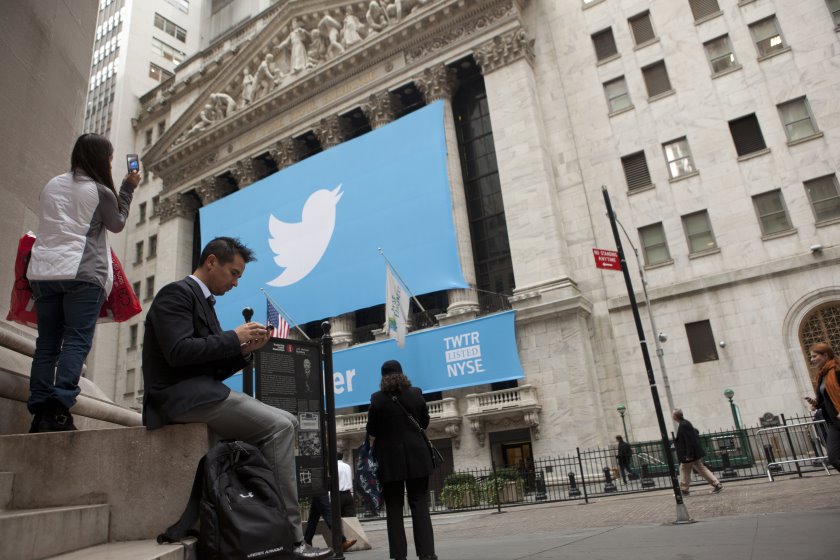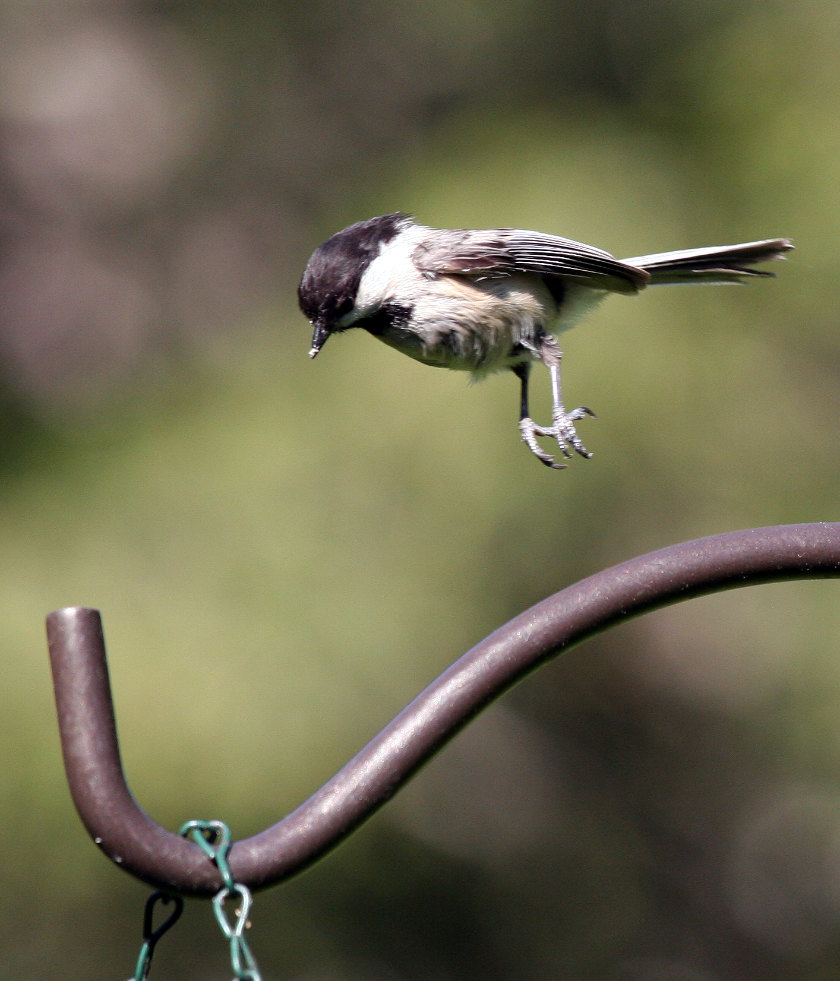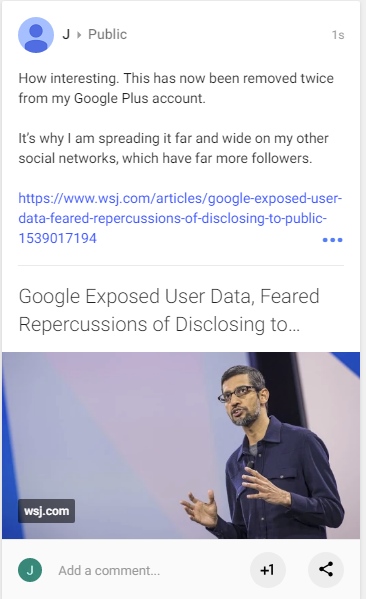
Anthony Quintano/Creative Commons
We’ve had years of Google and Facebook acting like arses, but it’s disappointing to see Twitter give us more and more causes for concern.
In 2017, we saw them change their terms and conditions so speaking power to truth is no longer a requirement. You can’t help but think that the decision to accommodate the US president is part of that: there is a policy within Twitter that President Trump is immune to their terms and conditions, and can Tweet with impunity what you and I would get kicked off for doing. We also saw Twitter, which is scrambling to show the US government that it is doing something about alleged Russian interference, kick off a privately developed bot that helped identify fake accounts. You’d think that if Twitter were sincere about identifying fake accounts, it would embrace such technology.
One of my regular blog readers, Karen Tolfree, very kindly linked me a report from Hannity (which another friend later informed me was first revealed on Breitbart) which showed Twitter staff caught on video admitting to shadow-banning either because they disagreed with the user’s politics (with an admission that Twitter is 90 per cent US Democrat-leaning) or because of US government pressure (when discussing Julian Assange’s account).
What was the old saying? I might not always agree with your politics but I will always defend to the hilt your right to express your views.
Therefore, I mightn’t be President Trump’s biggest fan but those who support him, and do so within the same rules that I’m governed by on Twitter (e.g. not resorting to hate speech or attacking any individual or group), must have the same right to free speech as I should.
I do not wish them to be silenced because many of them have good reasons for their beliefs, and if I don’t see them in my feed then how will I understand them? I don’t wish to live in a bubble (meanwhile, Facebook and Google want you to; Facebook’s “crowdsourcing” its ranking of media sources is going to make things far worse—have a look at Duck Duck Go founder Gabriel Weinberg’s series of Tweets at the end of this post).
Because you never know if Twitter’s shadow-banning is going to go after you, since, like Facebook’s false malware accusations, they could be indiscriminate.
In fact, two New Zealanders were shadow-banned over the last week: one with stated left-leaning views (Paul Le Comte), another (Cate Owen) who hasn’t put her political leanings into her bio, and who was shadow-banned for reasons unknown. It’s not just conservatives these guys go after, and neither was told just which Tweet netted them this “punishment”.
I think it’s generally agreed that we have passed peak Twitter just as we have passed peak Facebook, but as it’s one of the original, mid-2000s social media services I still use, I’m disappointed that I can’t feel as happy being on there as I once did. After all, our presence is effectively our endorsement, and do we really endorse this sort of censorship against people because of either their politics, governmental pressure or reasons unknown? Twitter paints itself as a place where we can speak freely, provided we do so within certain rules, and the dick moves over the last 12 months make me wonder if it’s heading in the same direction as Google (tax-avoiding, hacking, lying about advertising tracking, allegedly pressuring think-tanks to fire someone over their viewpoints, biasing results in its own favour) and Facebook (forced downloads using the excuse of malware detection, kicking off drag queens and kings, tracking people after they have opted out, potential database issues that kick people off for days, endless bots and general ineffectiveness in removing them, lying about user numbers). Twitter always had bots and trolls, but we’re seeing what goes on inside nowadays, and it ain’t pretty.
In 2018, we know Twitter is not a place for free speech, where rules apply differently depending on who you are, and where the identification of bots is not a priority.
And even though we’ve had some happy news already this year (e.g. the prospect of Baby Clarcinda in five months’ time), these influential websites, whose actions and policies do affect us all, are “doing it all wrong”.
To be (more) clear, promoting trustworthy news sources is a reasonable idea.
Relying solely on crowdsourcing to determine trust, though, or making trust scores individualized, are both poor implementations that will create more negative unintended consequences.
— Gabriel Weinberg (@yegg) January 20, 2018
Crowdsourcing also breaks down when signal is completely drowned out by noise.
That may happen straight away with this proposal, and will also introduce an arms race with strong incentives to further distort the algorithm.
— Gabriel Weinberg (@yegg) January 20, 2018
I get that companies don't want to editorialize, but there are other paths than inscrutable algorithms, such as creating or working with independent non-partisan bodies to make the hard editorial decisions based on transparent and obviously measurable criteria.
— Gabriel Weinberg (@yegg) January 20, 2018








One thought on “Twitter’s shadow-banning: not just in the US, as Kiwis get caught up, too”